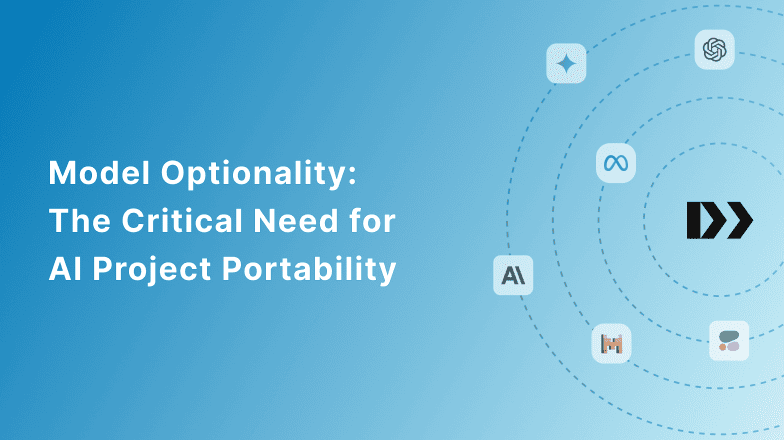The Development of AI in Psychiatry
Ever since the pandemic, a lot of sectors have adopted digital solutions for interactions and psychiatry is no exception. Artificial Intelligence (AI), and machine learning (ML), are being used to develop technology that can predict, detect, and treat solutions for mental health care. AI has become a kind of hub for digital interventions, gravitating towards smartphones and mobile applications, to magnify user experience and refine personalized mental health care. If one takes the prediction and detection model into consideration, an abundance of datasets dictates that data-driven AI methods can be deployed to develop prediction/detection models for mental health conditions. In particular, an individual’s digital bank, i.e the data derived from numerous personal digital devices and social media interactions. That information can be mined for behavioral or mental health information. The language which is considered a window into the human mind now can be harnessed as information with powerful computer-based natural language processing (NLP) to also provide a method of inferring mental health. Furthermore, NLP can potentially be trained to create therapy bots used for therapeutic intervention.
Psychology has drastically been accelerating and evolving at an alarming rate. Some of the psychology modules have instilled new technologies to accelerate precision and accuracy in identifying disorders. Therefore, the reasons listed below go into further depth as to how AI will revolutionize psychiatry and fields of psychology. Predictive models, behavioral statistics, and improved user experience are all the augmentation supplied by applied sciences to assist psychiatry.
AI and Psychiatry
AI assistant in psychoanalysis
Though AI doesn’t provide an extensive psychoanalysis treatment, it can assist doctors to speed up the process by making certain procedures redundant. There are experts who have suggested various ways and several papers of the same.
Specific frameworks can encourage patients to identify if they have a disorder or if they don’t without taking a trip to a doctor. The psychoanalytic frameworks can appropriately generate statistics so that the patient can be diagnosed privately. In case a patient requires immediate assistance they can easily reach out to the doctor. With these systems in place, Shyness and misplaced embarrassment can be eliminated as the information remains with the patient.
Identifying changes in patient’s rhythms
Experts suggest that patients in different states of mind possess different mobility rhythms. If one installs sensors into devices that are handy like mobile phones, these devices can track changes in the patient’s behavior patterns such as typing speed, tracking keywords, speech usage, and similar other features. With the assistance of trained models used by the AI systems, the system can accurately measure the current state of mind and predict the future conditions of the patient.
Maximizing Mental Health
Many times, the training dataset inserted in the systems can create correlational patterns in accordance with the current state of the patient and also match it with the historical records. This can help the system to identify the patient’s mental health and give optimized solutions to the doctors. Doctors have the right to choose the deductions from the learned model to predict the accurate line of treatment. Also, doctors have an upper hand to decide the patients’ diagnosis.
Diagnosis Maximus
Artificial Intelligence has evolved immensely and now has been trained to a point where it can identify Alzheimer’s, depression, and anxiety. There are computerized techniques that are created to track actions and brainwaves to match their datasets of known disorders. Today’s tools that are used by professionals can utilize data mining methods along with expert suggestions to accurately diagnose a problem in a person and avoid false positives. As technology and psychiatry advance, more research is added to the data bank. This potentially creates better processes and leaves room to address issues affecting the machines.
Conclusion...
Research that has been collected over the past few years approves the installation of AI-based interventions in processes like diagnosis, prediction, and treatment of psychiatric disorders. Automated speech language analysis is a computerized technique that could provide the legwork for future developments of reliable clinical tests for psychiatry.
Inventions such as CAT and MOST have already provided proof that they are effective in deciphering symptoms of depression, anxiety, and psychosis through online peer support. This may create an opportunity to provide the delivery of tailored therapy content while ensuring privacy and autonomy. enhancing the quality of life of individuals who suffer from mental health disorders.
Want to learn more AI in health?
NLP is being used broadly in the healthcare industry
NLP has potential to help combat COVID-19 outbreaks
See how AI is being devised to detect breast cancer




